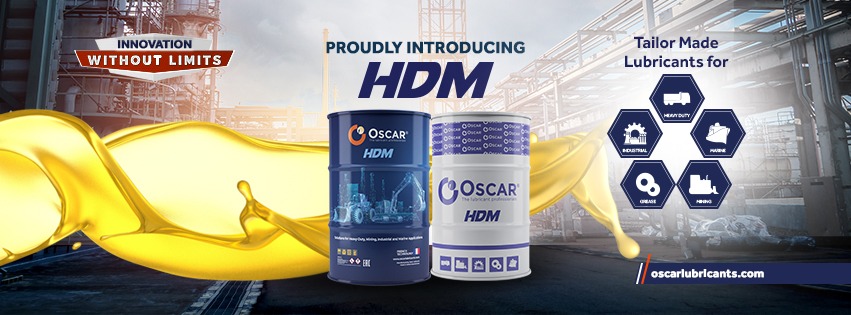Many industries rely on machines that run for long hours and under demanding conditions. To keep these machines performing smoothly, selecting the right lubricant makes a difference. Synthetic lubricants are designed with specific properties that suit industrial applications, helping equipment perform consistently and with less interruption.
Better performance at higher temperatures:
Synthetic lubricants maintain their properties at higher temperatures compared to mineral oils. They resist breaking down or evaporating quickly when machines operate under heat. This quality keeps equipment running smoothly and reduces the chance of overheating or damage caused by oil failure.
Create a strong film between moving parts:
Synthetic oils create a strong film between moving parts, reducing friction and wear. This protection lowers the risk of component damage and extends the life of the machinery. Consistent lubrication also helps machines perform more efficiently, with less energy loss.
Longer service life:
Synthetic lubricants tend to last longer before needing replacement. They resist oxidation and degradation caused by heat, air, and contaminants. This durability reduces maintenance frequency and downtime, leading to better productivity in industrial processes.
Better flow at low temperatures:
Synthetic oils flow more easily in cold conditions compared to conventional oils. This characteristic allows for quicker lubrication during machine startup and avoids thickening or gelling. Improved flow ensures that parts receive protection immediately, reducing wear from cold starts.
Cleaner operation:
Synthetic lubricants typically contain fewer impurities and resist forming deposits inside machinery. Cleaner oil reduces the buildup of sludge, varnish, and other residues that can affect equipment function. Keeping parts clean supports smooth operation and lowers maintenance costs.
Compatibility with modern materials:
Many synthetic lubricants are designed to work well with advanced materials used in industrial machinery, such as seals and plastics. This compatibility prevents swelling, cracking, or degradation of these materials, which helps maintain system integrity. Some synthetic lubricants are biodegradable or have a lower environmental impact than traditional mineral oils. Using such lubricants reduces waste and pollution associated with industrial maintenance.
Synthetic lubricants are produced through controlled chemical processes, resulting in consistent quality and performance. This consistency allows industries to plan maintenance and lubrication schedules with confidence, avoiding unexpected issues caused by variable oil quality.
